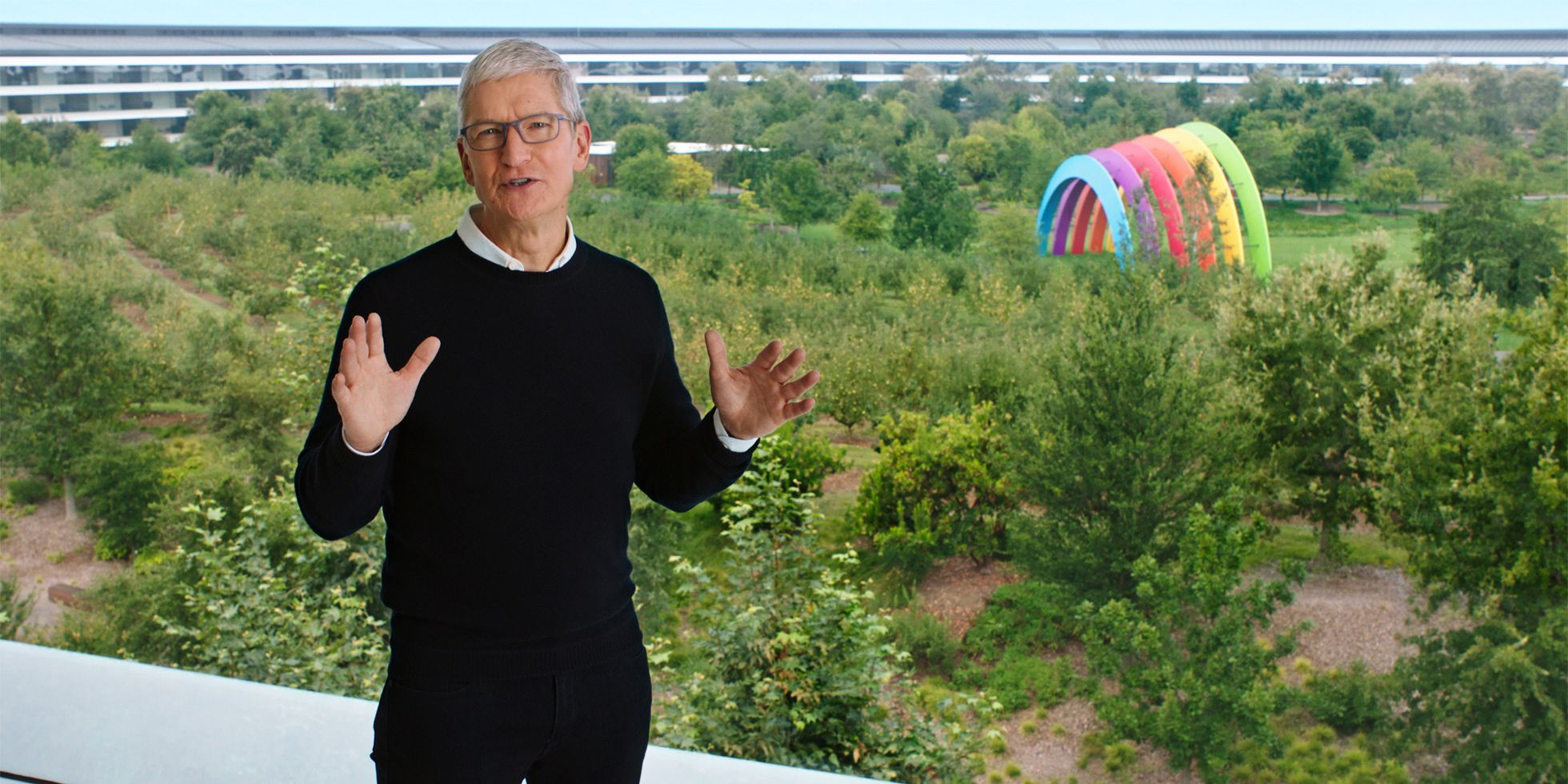Apple Inc. CEO Tim Cook is now confirmed to testify on Friday as part of the ongoing Epic Games vs. Apple antitrust trial, born out of a dispute over Fortnite. Closing arguments are expected on Monday, and the ultimate ruling could decide not just the fate of Fortnite and other games on the iOS App Store, but the business models of entire industries.
Apple typically claims 30% of revenue from App Store transactions, only lowering that to 15% for long-term subscribers. The company doesn't allow any outside payment systems for digital goods within apps, which ensures not only that Apple always gets a cut, but that first-party apps like Apple Music have an inherent advantage over rivals like Spotify. To challenge this Epic staged a confrontation with Apple in August 2020, offering Fortnite players a 20% discount on V-Bucks if they bought from Epic directly. Apple pulled Fortnite from the App Store, and Google pulled the game from the Play Store, owing to similar rules. Epic already had separate lawsuits ready to go against both companies, and the Epic vs. Apple trial began almost a year later on May 3.
A federal judge granted Apple's request that Tim Cook be the first witness to testify on Friday's court proceedings, according to the Associated Press. A string of important figures have appeared during the trial, including senior Apple Software Engineering VP Craig Federighi and the company's former Worldwide Marketing head Phil Schiller. Epic CEO Tim Sweeney testified for the first two days of the trial, a feat that Cook isn't expected to mimic. Apple often works to keep Cook out of court entirely.
The App Store has pulled in many billions of dollars since it launched in July 2008 - at least $20 billion through June 2017. If the court case turns in Epic's favor and survives appeals, Apple could be forced not just to let Fortnite return to the App Store, but to loosen the rules for all app developers, allowing other games to sell DLC without losing money or relying on web purchases. It could indirectly lead to Apple permitting cloud gaming services like Google Stadia or Microsoft's xCloud, either of which can only be played using a web browser at present on iPhones and iPads.
Apple has defended its policies on the basis that App Store revenues pay for a secure, trusted environment that makes the app industry possible. During the Fortnite case, however, Epic's lawyers have repeatedly brought up the topic of how profitable the App Store is, including the fact that Apple co-founder Steve Jobs predicted less income when the platform launched.
Source: Associated Press


